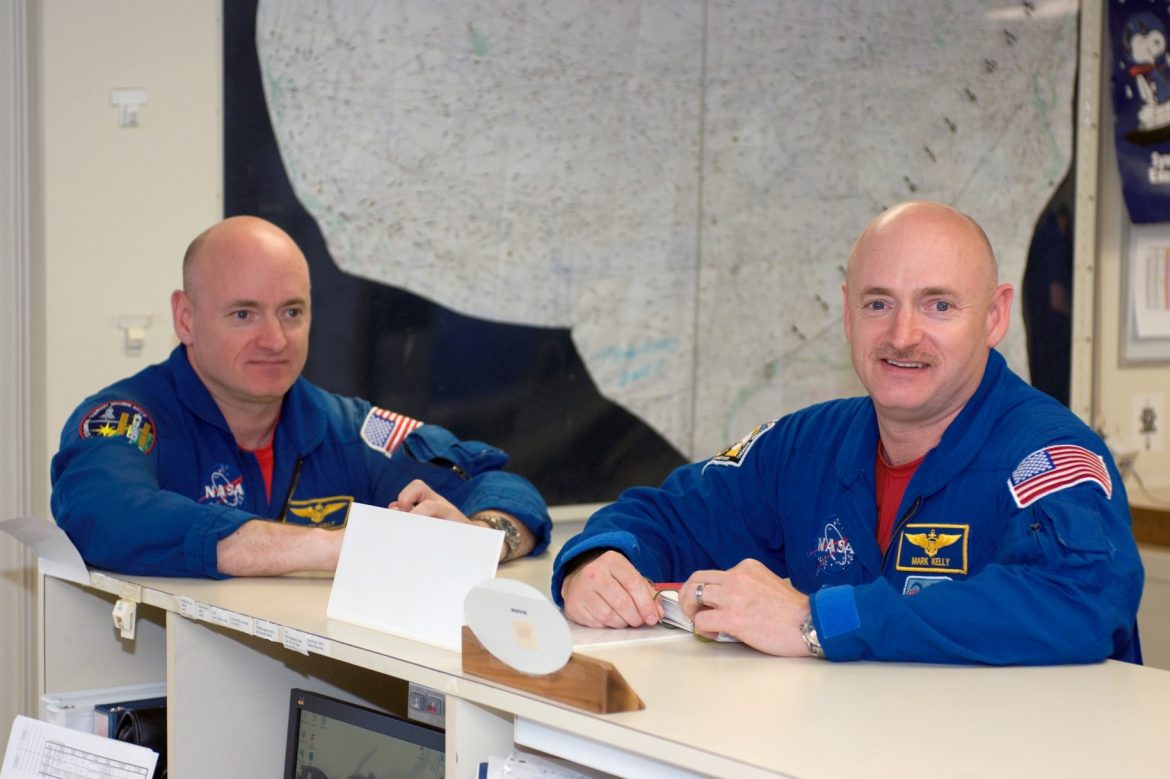The announcement has inevitably caused allusions to the famed “twins paradox” inspired by Einstein’s thought experiment connected with the special theory of relativity (concerning the properties of light and time), but a set of planned NASA experiments with a pair of astronaut twins has more “down to earth” objectives.
In March of 2015, NASA astronaut Scott Kelly will spend a year in the International Space Station (ISS) with his Russian colleague, cosmonaut Mikhail Kornienko, while his genetically identical twin Mark, a retired astronaut, will take the tests with his two feet firmly on the ground.
The experiments are not designed to measure the flow of time, which requires relativistic speeds (those approaching the speed of light) for the effects to manifest themselves. Instead, NASA has selected 10 experiments aimed to explore the effects of long -term spaceflight, involving exposure to space environment and microgravity, on human body and cognition.
To see the effects, samples will be taken from and measurements will be carried on the twin astronauts before, during and after the one-year mission.
In one of the experiments, both astronauts will be given identical flu vaccines to compare the action of the immune system, which is known to be less virulent in space. Another is designed to see the effect of space environment on telomeres, the end sections of chromosomes whose shortening at cell divisions is associated with aging. As researchers believe cosmic rays hasten the shortening process, the experiment is expected to reveal whether future astronauts on long-duration missions, like those to Mars, will be susceptible to premature aging ─ interestingly, an effect opposite to that predicted for relativistic spaceflight. An experiment will seek to establish the reason for change of vision in space, a phenomenon which came to light after some astronauts reported that their glasses were not working as on Earth. Still another is designed to investigate what has come to be called “space fog”, a condition of reduced alertness and mental agility some astronauts reported on return from lengthy stays on ISS .
REFERENCES
- 1. NASA to Conduct Unprecedented Twin Experiment, NASA Science News, 10 April 2014

